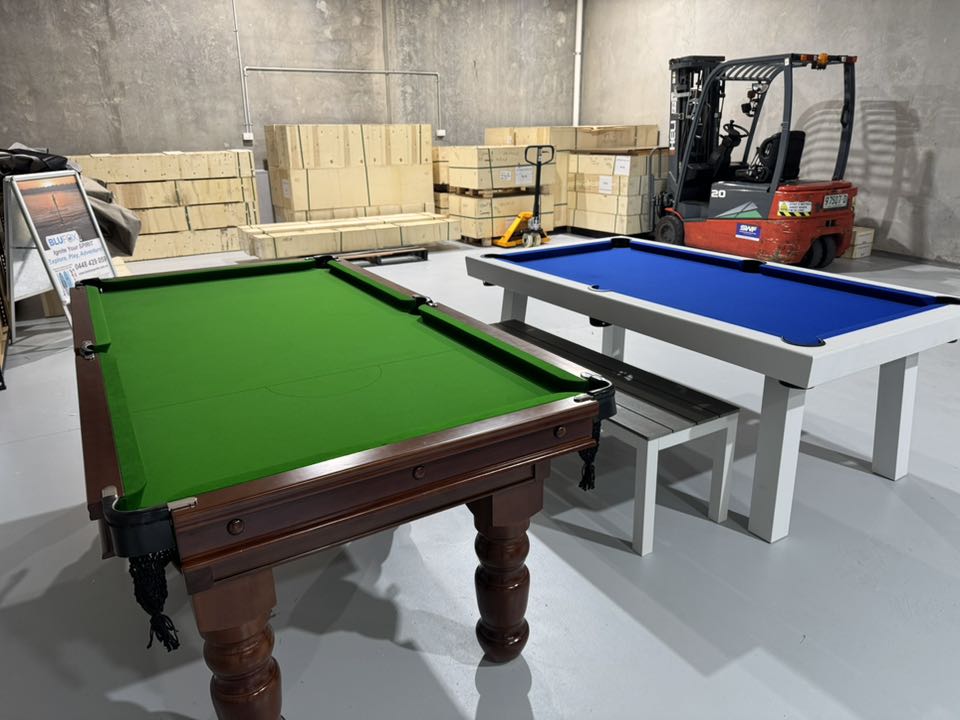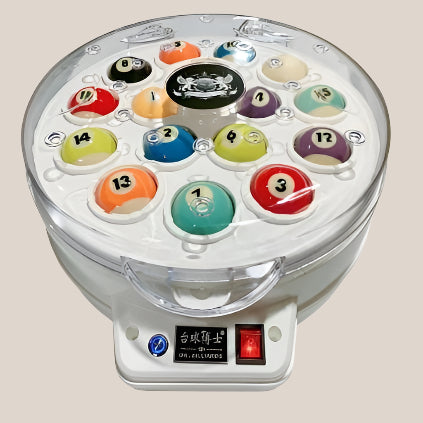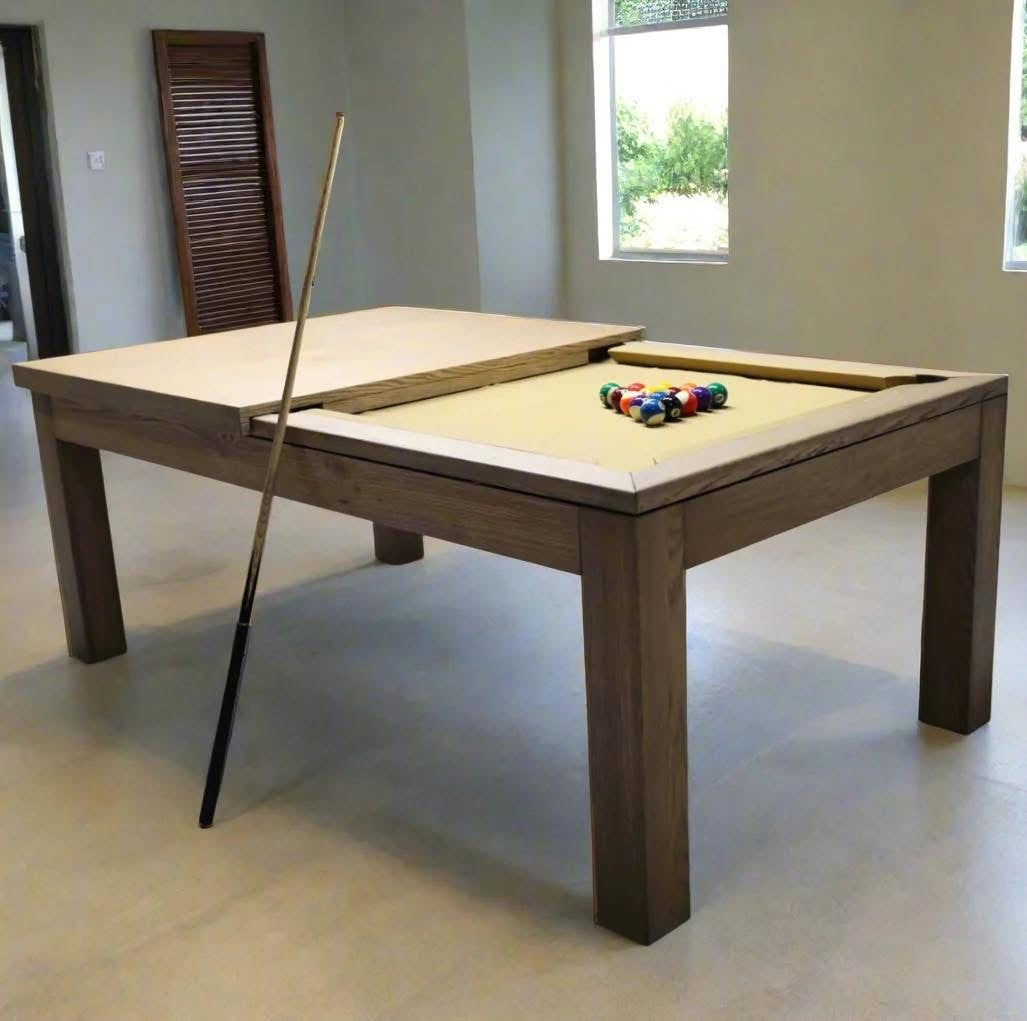When I set out to create my own line of cues, I wanted a brand name that wasn’t just catchy — I wanted it to mean something. Something that reflected my surname, Hastings. Something rooted in British history. And something that could connect with the deep heritage of cue sports. That’s how 1066 Billiards was born.
Why 1066?
The year 1066 marks one of the most important events in English history — the Battle of Hastings. When William the Conqueror defeated King Harold, the Norman Conquest began. This wasn’t just a military victory; it reshaped England’s identity. French influence flowed into the language, the legal system, the architecture, and even leisure — setting the stage for many cultural developments that would follow.
One of those developments, surprisingly, was the game of billiards. The word “billiards” itself comes from French — bille meaning ball, and billart meaning stick or mace. The addition of the “s” signifies multiple balls, a core feature of the game. The origins of billiards can be traced to France, but like many things brought by the Normans, it truly took hold and evolved in England.
How Billiards Became British
Over time, the game was adopted by English nobility and evolved into something uniquely English. It was England that gave the game rules, structure, and a place in clubs and parlours. English Billiards was born — and eventually, in the late 1800s, Snooker followed. England didn’t just inherit the game — it redefined it. And from that legacy came the global sport we know today.
What 1066 Billiards Stands For
For me, 1066 Billiards is more than a name. It stands for quality, tradition, and respect for the game. It’s about honouring the past while building cues that meet the needs of today’s players — from club players to future champions. Each cue in the 1066 Billiards range is designed to reflect that blend of history and performance.
Whether you’re playing English Billiards, Snooker, or English Pool, the goal is the same: precision, discipline, and passion. That’s what 1066 Billiards represents.
If you want to own a cue that carries a piece of that legacy — one that ties your game to the roots of cue sports history — you’re in the right place.





